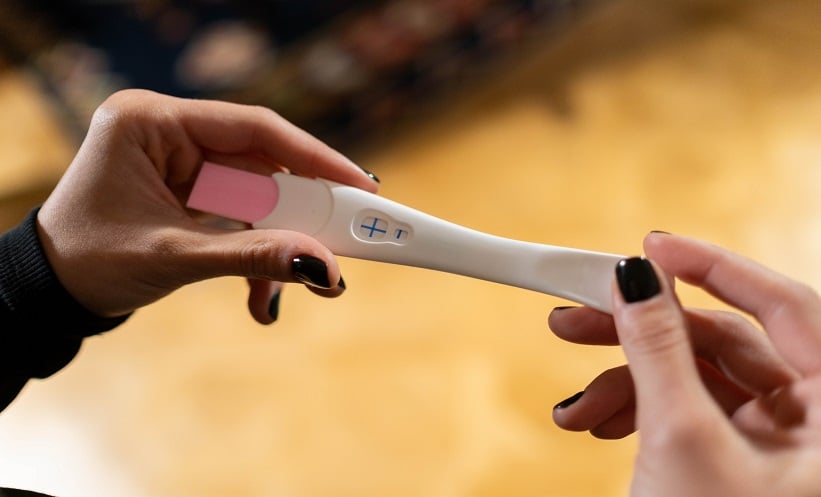Inflammation induced by gut microbial dysbiosis may play a role in the development of gestational diabetes in the first trimester of pregnancy, according to novel data. As the incidence of gestational diabetes increases worldwide, a research team conducted a cohort study to better understand its pathophysiology and improve early-prediction efforts by identifying biomarkers in the first trimester of pregnancy. By recognising which patients are at risk of gestational diabetes at an early stage, specific recommendations for prevention through lifestyle modification or specific pre-, pro-, and post-biotic supplementation could be implemented.
In total, 394 females who were pregnant between the ages of 18–40 years were enrolled in the study. Gut microbiome, inflammatory cytokines, metabolome, nutrition, and clinical records were assessed prior to diagnosis of gestational diabetes. The team then created a model that was able to predict onset of the disease weeks before it can usually be diagnosed.
Of the participants, 11% developed diabetes during the second trimester of pregnancy. These patients had common risk factors, including higher pre-pregnancy BMI and maternal age, as well as elevated levels of tumour necrosis factor, granuylocyte-macrophage colony-stimulating factor, and proinflammatory cytokines interleukin (IL)-4, IL-6, and IL-8. Those who developed diabetes also had decreased levels of the faecal short-chain fatty acids isovalerate and isobutyrate.
After controlling for age and BMI, the team found 15 underrepresented bacterial species among those with gestational diabetes, with notably a lower number of Prevotella.
The team concluded that gestational diabetes pathology can begin as early as the first trimester. “Additionally, we successfully demonstrated that the precursors of GDM originate in the gut microbiota, and that early-onset GDM has a bacterial signature at least partially responsible for the GDM phenotype,” stated author Omry Koren, Bar-Ilan University, Tel Aviv, Israel, and colleagues. These results suggest that heightened inflammation initiated by microbial dysbiosis induces diabetes. Future research will try to uncover underlying mechanisms.








